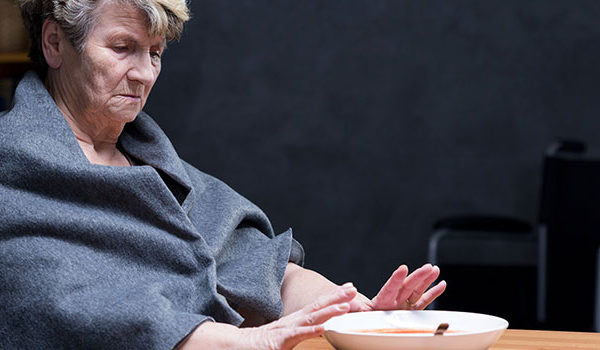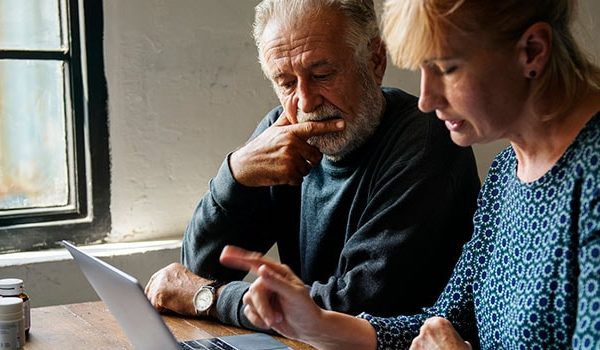“Self-care” has become a key term in the lifestyle and wellness field. However, it’s not just a concept that applies to the yoga-obsessed or the Instagram generation. For older generations, self-care can contribute to maintaining independence and engagement with daily life. It puts individuals at the heart of their future health and wellbeing – which is why it’s so important for people with elderly relatives to be proactive about encouraging it.
What constitutes self-care?
It could be something as simple as taking a painkiller for a headache or maintaining dental health on a daily basis. Food, exercise and social interaction also have a part to play in a self-care routine. What counts as self-care for older generations though, may be what we all do on autopilot each day. Given the increasing pressure on health services and social support infrastructure, there is more reason than ever before to ensure that elderly relatives are engaged in their own self-care for as long as possible.
4 ways to promote self-care for elderly relatives
- Set small and manageable goals. Goal setting isn’t something that is often applied to the elderly but it can play a big role in ensuring ongoing self-care – and generating a sense of individuality and satisfaction as a result. Setting small goals that are manageable is essential, whether that’s a short exercise routine or eating breakfast every day.
- Encourage tech adoption. The world of the internet and the technology of smart phones and devices can be off-putting for older generations. However, once the initial concepts are grasped, learning how to use them is often far simpler than anticipated – and there are many benefits. Participation in social networks can enable family and friends to stay in touch, for example, while elderly relatives may find groups of others with similar interests or life experiences to share with online. This encourages independence and ensures that individuals maintain a sense of self that generates the desire to self-care.
- The value of feeling useful. All of us want to feel wanted and needed and – when we do – this tends to enable a sense of innate value of who we are. Older relatives can feel wanted in many ways, from dog sitting through to providing advice to grandchildren and passing on key skills. Volunteering can also be a great way to contribute and feel useful.
- Assisting with the development of coping skills. Physical or cognitive decline can be a big shock for elderly relatives whose first reaction may be to give up on all the small things. However, learning how to adapt to this kind of life change – whether that’s in setting more realistic goals or finding other ways to do something – can generate pride and a sense of self-identity. Younger relatives can help with this, providing suggestions and perspective that it’s often difficult to achieve for those currently trying to cope.




